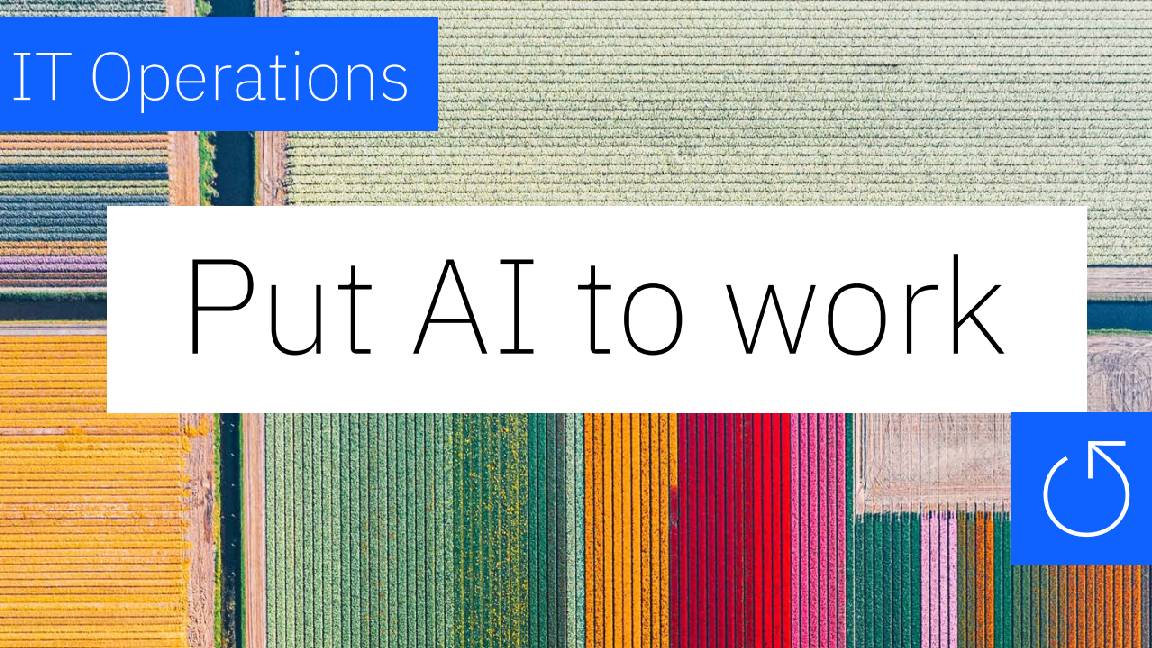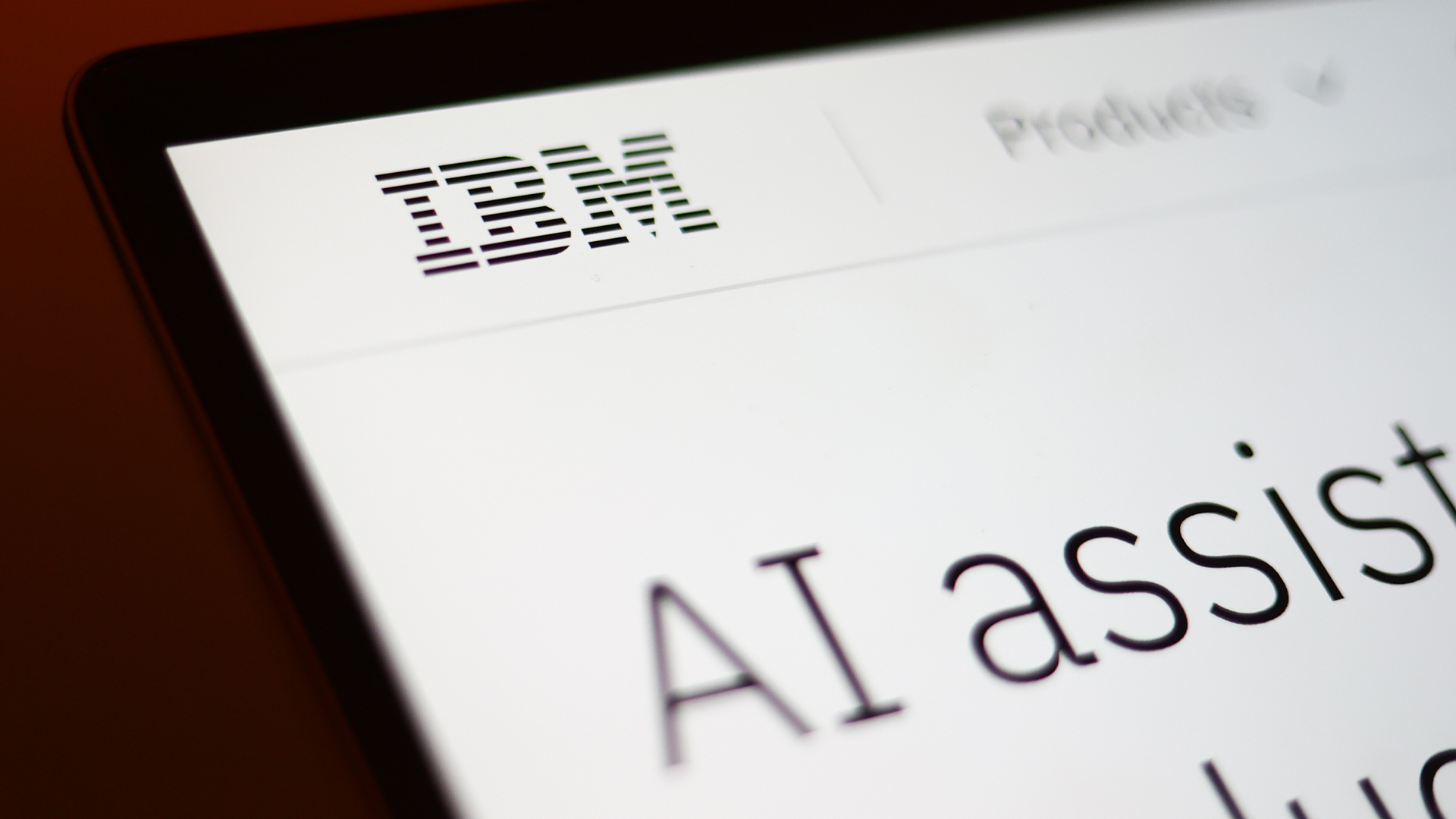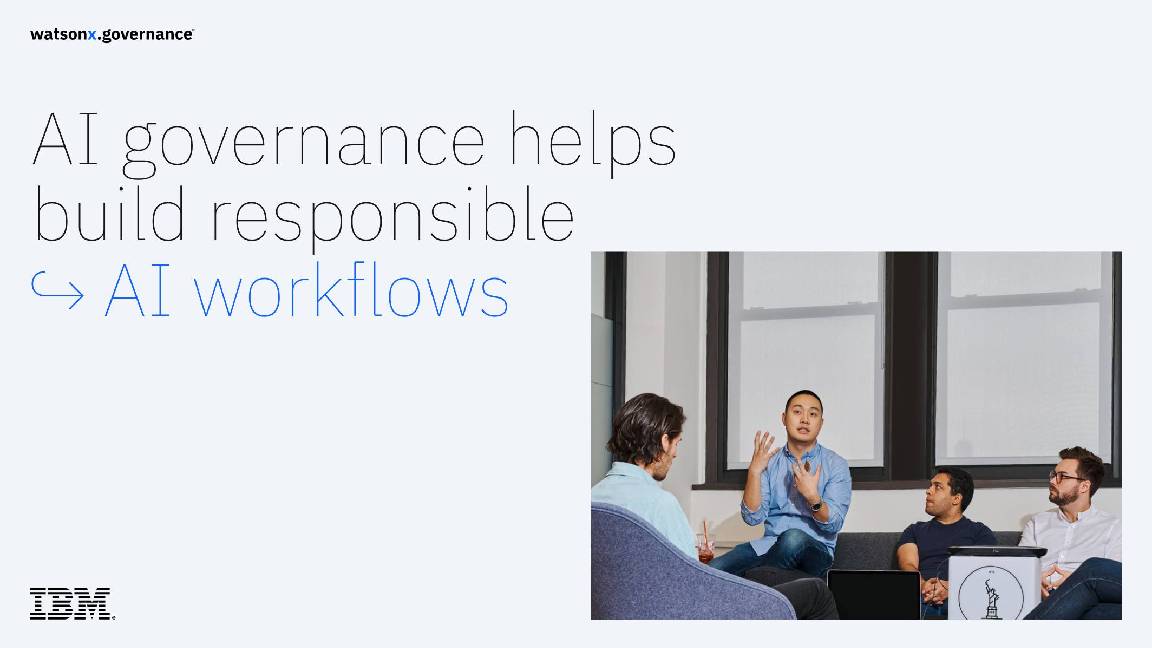DWP modernises to speed up benefits
Department for Work and Pensions sees work behind the scenes using ECM and CRM solutions to speed up benefit applications.

The Department for Work and Pensions has revealed the progress of an electronic document management solution it has been working on with IBM.
The ECM (Electronic Content Management) project, which will organise information and data of around 100 million documents linked to 15 million customers has been built and tested.
Work is presently being done on its integration with the CRM (Customer Relationship Management) system for the Pension Service. It is due to go live in October this year.
"With what we've built, the technology is invisible so the user will be using their existing desktop with the technology sitting underneath," said project manager Jacqui Leggerty, who was speaking at IBM's Information on Demand conference in Hague. She has been working on the project for 18 months.
Leggerty said that it was part of a wider business transformation where the work was being done behind the scenes without users seeing the many changes. She said that this was the final phase where the system was being optimised.
She said: "What we are trying to achieve is now is to maximise the use of information, not only in the pension's service but with the ability to the share it."
The solution was being built on a SOA (Service Orientated Architecture) as a true shared service. Work was being done between different groups within the service to create a highly configurable solution that was reusable.
Get the ITPro daily newsletter
Sign up today and you will receive a free copy of our Future Focus 2025 report - the leading guidance on AI, cybersecurity and other IT challenges as per 700+ senior executives
She said that the Pension Service integration would lead to further work with the other sections of the DWP: "We have the Child Support Agency and Jobcentre Plus just lined up behind that to start piloting hopefully next year."
The point was made that rather than simply being an IT project, the solution was very much business orientated. Leggerty said that it was vital that information could be collected for some of the most vulnerable people in the UK who would contact at a time of need or financial hardship.
Leggerty said: "It makes the difference in putting food on the table and keeping their homes. We need to make it seamless as possible."
She gave an example of how the solution would improve customer service: "Currently dealing with paper it would take about five days for correspondence, to get from post to an agents desk where they will need a day or two to make the assessment and payment. What would happen now is that we would have a same-day response."
-
 The Race Is On for Higher Ed to Adapt: Equity in Hyflex Learning
The Race Is On for Higher Ed to Adapt: Equity in Hyflex LearningBy ITPro
-
 Google faces 'first of its kind' class action for search ads overcharging in UK
Google faces 'first of its kind' class action for search ads overcharging in UKNews Google faces a "first of its kind" £5 billion lawsuit in the UK over accusations it has a monopoly in digital advertising that allows it to overcharge customers.
By Nicole Kobie
-
 Put AI to work for IT operations
Put AI to work for IT operationswhitepaper Reduce the cost and complexity of managing hybrid applications
By ITPro
-
 AI in the retail industry is spreading beyond the IT department
AI in the retail industry is spreading beyond the IT departmentNews AI has become a strategic imperative for retailers, delivering marked productivity gains
By Emma Woollacott
-
 Maximizing contact center operations with generative AI assistants backed by responsible AI principles
Maximizing contact center operations with generative AI assistants backed by responsible AI principleswhitepaper Reduce the cost and complexity of managing hybrid applications
By ITPro
-
 IBM just launched powerful new open source AI models – here’s what you need to know
IBM just launched powerful new open source AI models – here’s what you need to knowNews Available under the Apache 2.0 license, IBM's Granite 3.0 models are trained on enterprise data and can out-perform the competition
By Emma Woollacott
-
 Achieving business outcomes with generative AI
Achieving business outcomes with generative AIWebinar Take your hybrid cloud journey to the next level with generative AI
By ITPro
-
 Wimbledon’s new Catch Me Up AI feature promises to keep fans up to date at the tournament – after it irons out some of the wrinkles
Wimbledon’s new Catch Me Up AI feature promises to keep fans up to date at the tournament – after it irons out some of the wrinklesNews The latest feature to come out of IBM’s partnership with Wimbledon will keep fans engaged from the early stages right through to the final with dynamic player insights
By Solomon Klappholz
-
 AI demands new ways of data management
AI demands new ways of data managementwhitepaper The data leader’s guide for how to leverage the right databases for applications, analytics and generative AI
By ITPro
-
 AI governance for responsible transparent and explainable AI workflows
AI governance for responsible transparent and explainable AI workflowswhitepaper Build greater trust in your AI
By ITPro